It's not a best practice use the '+' sign to always use the latest library version because you could not be able to have a repeatable build if you need one.
I mean, if you have to checkout your previous version of your APK from your Source Control Management system (e.g. Git) that you know it works fine, if you compile today (new library version could have been release)... maybe your old friend APK that was working fine... now it doesn't work fine like your latest one.
That said I suggest you using a gradle plugin like that:
https://github.com/ben-manes/gradle-versions-plugin
You will install in your build.gradle at project level like that:
// Top-level build file where you can add configuration options common to all sub-projects/modules.
apply plugin: 'com.github.ben-manes.versions'
buildscript {
repositories {
google()
jcenter()
}
dependencies {
classpath 'com.android.tools.build:gradle:3.0.1'
classpath 'com.github.ben-manes:gradle-versions-plugin:0.17.0'
// NOTE: Do not place your application dependencies here; they belong
// in the individual module build.gradle files
}
}
allprojects {
repositories {
google()
jcenter()
}
}
task clean(type: Delete) {
delete rootProject.buildDir
}
And you'll find a new gradle task named dependencyUpdate that if you lunch it it will report you all your library versions compared with the latest ones:
------------------------------------------------------------
: Project Dependency Updates (report to plain text file)
------------------------------------------------------------
The following dependencies are using the latest milestone version:
- com.github.ben-manes:gradle-versions-plugin:0.17.0
- junit:junit:4.12
The following dependencies have later milestone versions:
- com.android.support:appcompat-v7 [26.1.0 -> 27.0.2]
- com.android.support.constraint:constraint-layout [1.0.2 -> 1.1.0-beta5]
- com.android.support.test.espresso:espresso-core [3.0.1 -> 3.0.2-alpha1]
- com.android.tools.build:gradle [3.0.1 -> 3.2.0-alpha03]
- org.jacoco:org.jacoco.agent [0.7.4.201502262128 -> 0.8.0]
- org.jacoco:org.jacoco.ant [0.7.4.201502262128 -> 0.8.0]
- com.android.support.test:runner [1.0.1 -> 1.0.2-alpha1]



